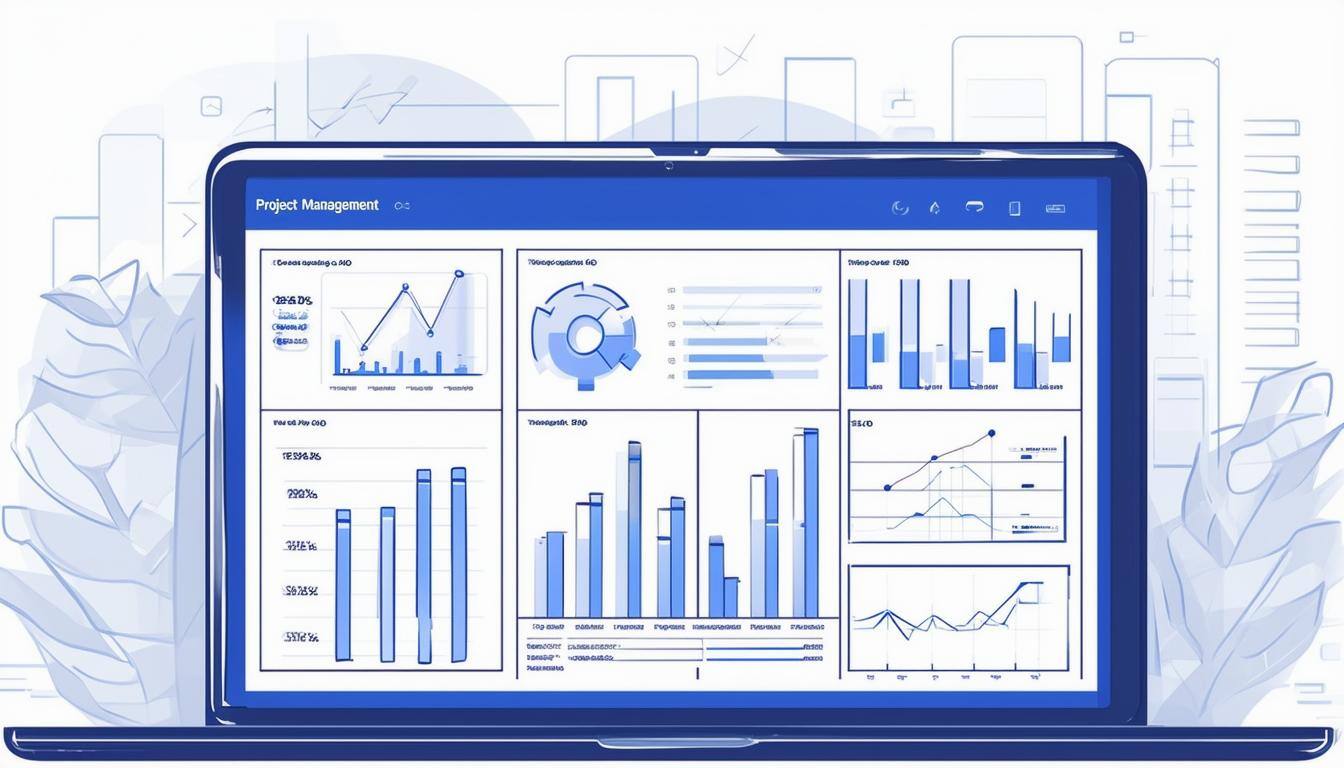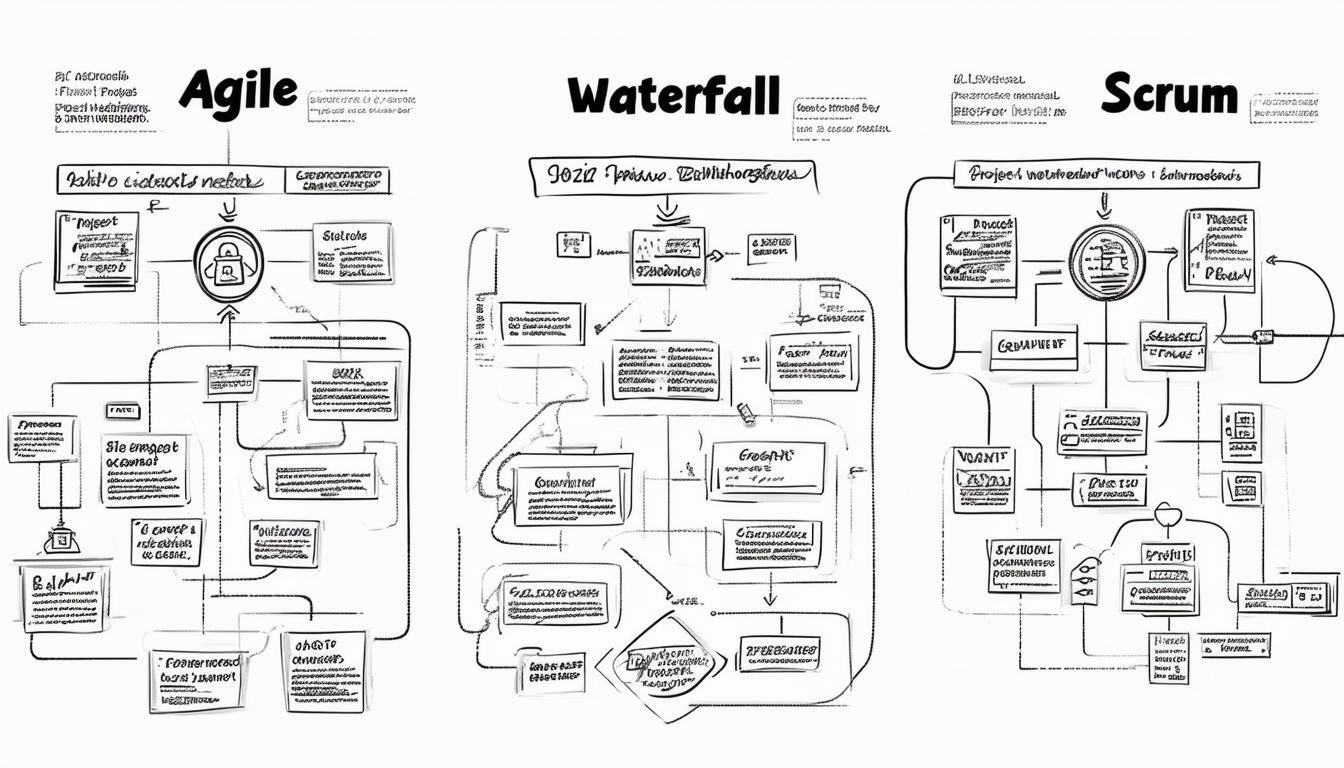Project management is the backbone of success for businesses worldwide. Whether you’re overseeing a small team or handling a multi-million-dollar initiative, the ability to manage time, resources, and people efficiently is paramount. The stakes are high—research from the Project Management Institute shows that organizations waste $109 million for every $1 billion invested in projects due to poor execution.
In this guide, we’ll break down the essentials of project management, including methodologies, tools, and techniques that will set you apart as a leader in the field.
What Is Project Management?
At its core, project management is the process of planning, executing, and closing work to meet specific goals within set parameters like time, budget, and scope. It’s not just about meeting deadlines; it’s about delivering value.
Key Elements of Project Management:
- Goals and Objectives: Establishing clear outcomes.
- Scope: Defining the boundaries of the project.
- Timeline: Setting and adhering to deadlines.
- Resources: Allocating people, materials, and budgets effectively.
- Stakeholders: Managing expectations of everyone involved.
Popular Project Management Methodologies
Every project is different, and the right methodology can make or break your success.
1. Agile
- Focuses on flexibility and iterative progress.
- Best for software development and dynamic environments.
2. Waterfall
- Linear and sequential, with clear milestones.
- Ideal for industries like construction and manufacturing.
3. Scrum
- A subset of Agile that emphasizes team collaboration.
- Employs sprints for focused, time-boxed goals.
4. Kanban
- Visual workflow management using boards and cards.
- Helps teams identify bottlenecks in real time.
5. Hybrid
- Combines methodologies to suit specific project needs.
Essential Skills for Project Managers
Being a successful project manager goes beyond certifications. You need a blend of technical expertise and soft skills.

Core Competencies:
- Leadership: Inspiring and directing teams.
- Communication: Ensuring everyone is on the same page.
- Risk Management: Identifying and mitigating potential issues.
- Time Management: Prioritizing tasks to meet deadlines.
- Negotiation: Securing resources and aligning stakeholders.
Tools That Transform Project Management
Technology has revolutionized how projects are managed. These tools enhance collaboration, track progress, and ensure accountability.

Must-Have Tools:
- Trello: Kanban-based task management.
- Asana: Ideal for team collaboration and progress tracking.
- Microsoft Project: A robust tool for large-scale projects.
- Jira: Tailored for software development teams.
- Slack: Enhances communication and integrates with other tools.
Challenges in Project Management (and How to Overcome Them)
Every project comes with its share of obstacles. Addressing them head-on can mean the difference between failure and success.
Common Challenges:
- Scope Creep: Avoid by setting clear boundaries and sticking to them.
- Poor Communication: Foster transparency and frequent updates.
- Unrealistic Deadlines: Manage stakeholder expectations from the start.
- Resource Constraints: Plan ahead and be creative with available resources.

Frequently Asked Questions About Project Management
- What are the key phases of project management?
The five phases are initiation, planning, execution, monitoring, and closure. - Do I need certifications to become a project manager?
While certifications like PMP or PRINCE2 add credibility, hands-on experience is invaluable. - How do I choose the right project management methodology?
Consider the project’s scope, industry, and team dynamics. For example, Agile suits fast-paced projects, while Waterfall works for linear processes. - Can small businesses benefit from project management tools?
Absolutely. Tools like Trello and Asana are cost-effective and easy to use, even for startups. - What’s the role of a WorkFlow BPO admin assistant in project management?
Admin assistants from WorkFlow BPO streamline your operations by handling scheduling, resource allocation, and task tracking, allowing project managers to focus on strategy.
Conclusion
Mastering project management is about finding the right balance of planning, communication, and execution. Whether you’re managing your first team or overseeing a global initiative, the principles remain the same: clarity, collaboration, and consistency. And remember, success isn’t achieved alone—delegating tasks to expert admin assistants like those at WorkFlow BPO can elevate your projects to the next level.



Comments